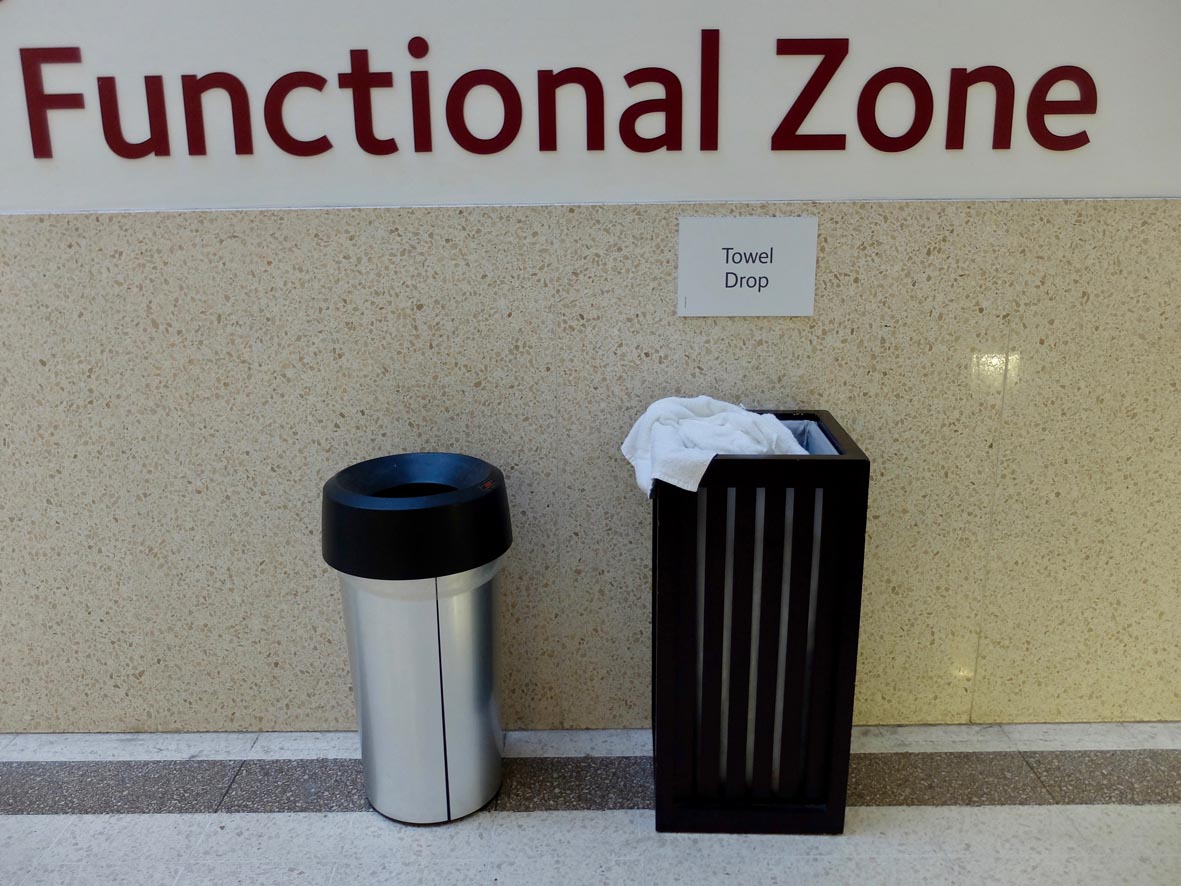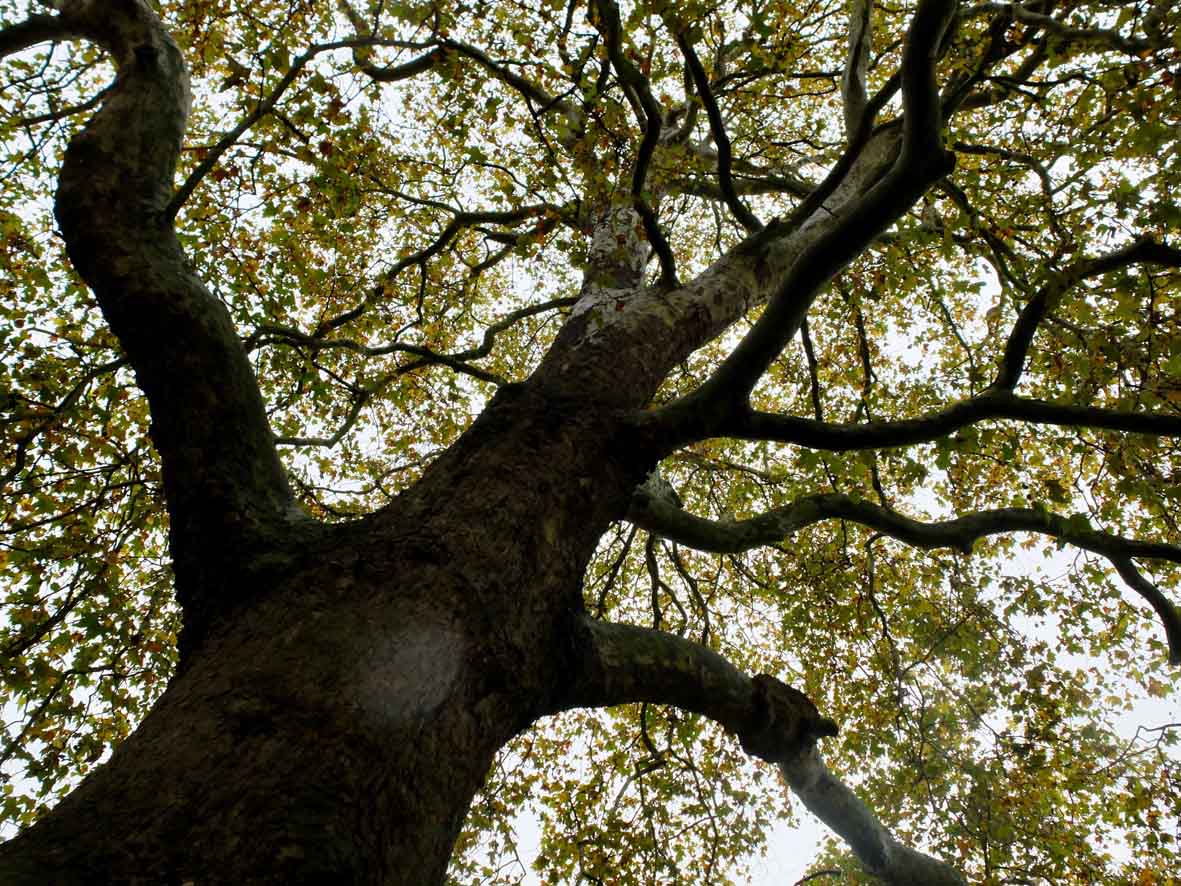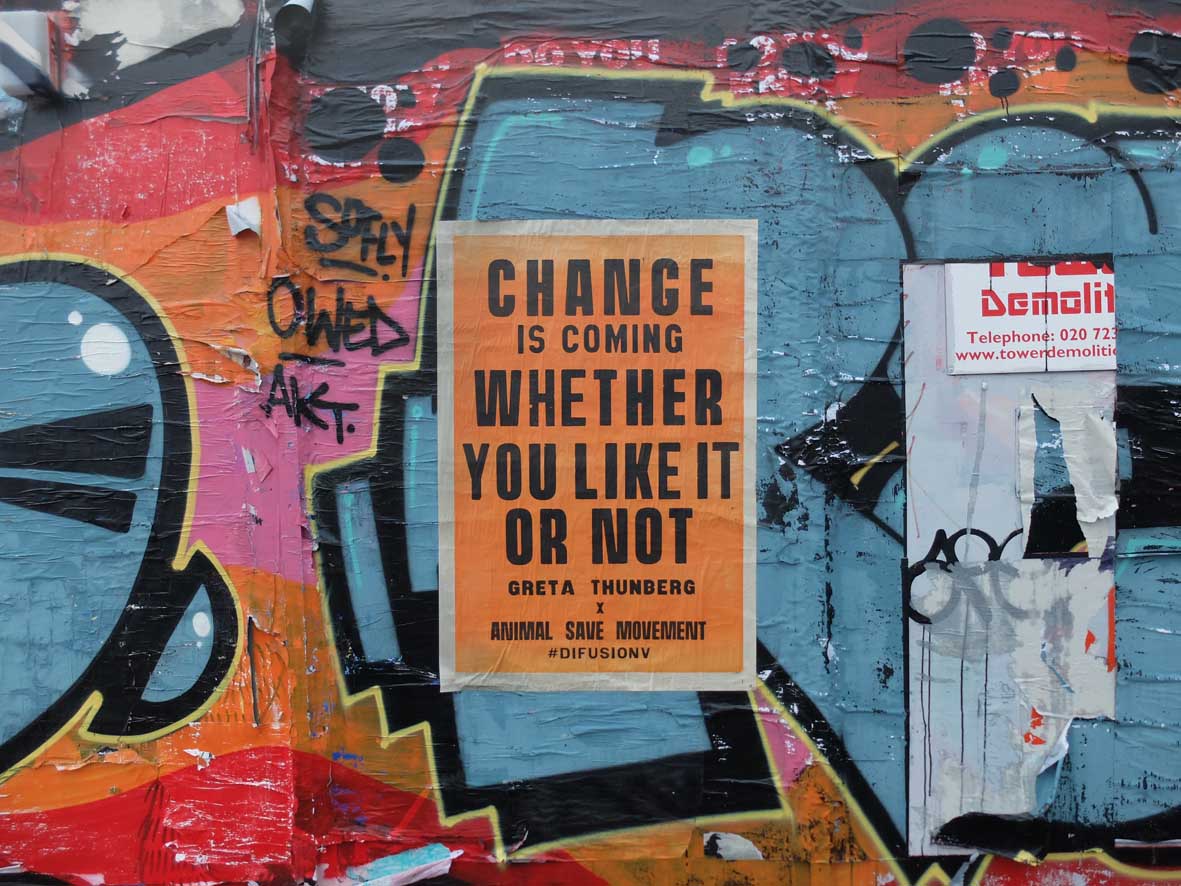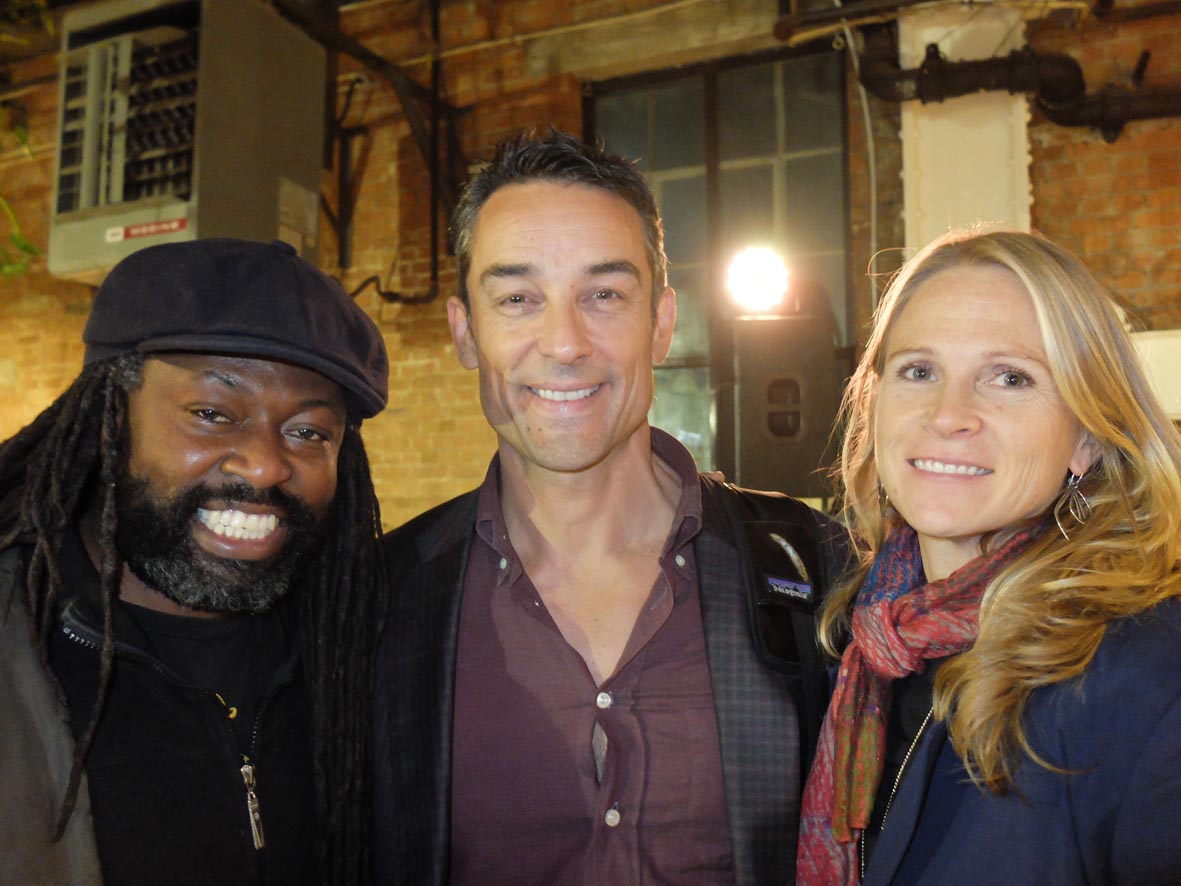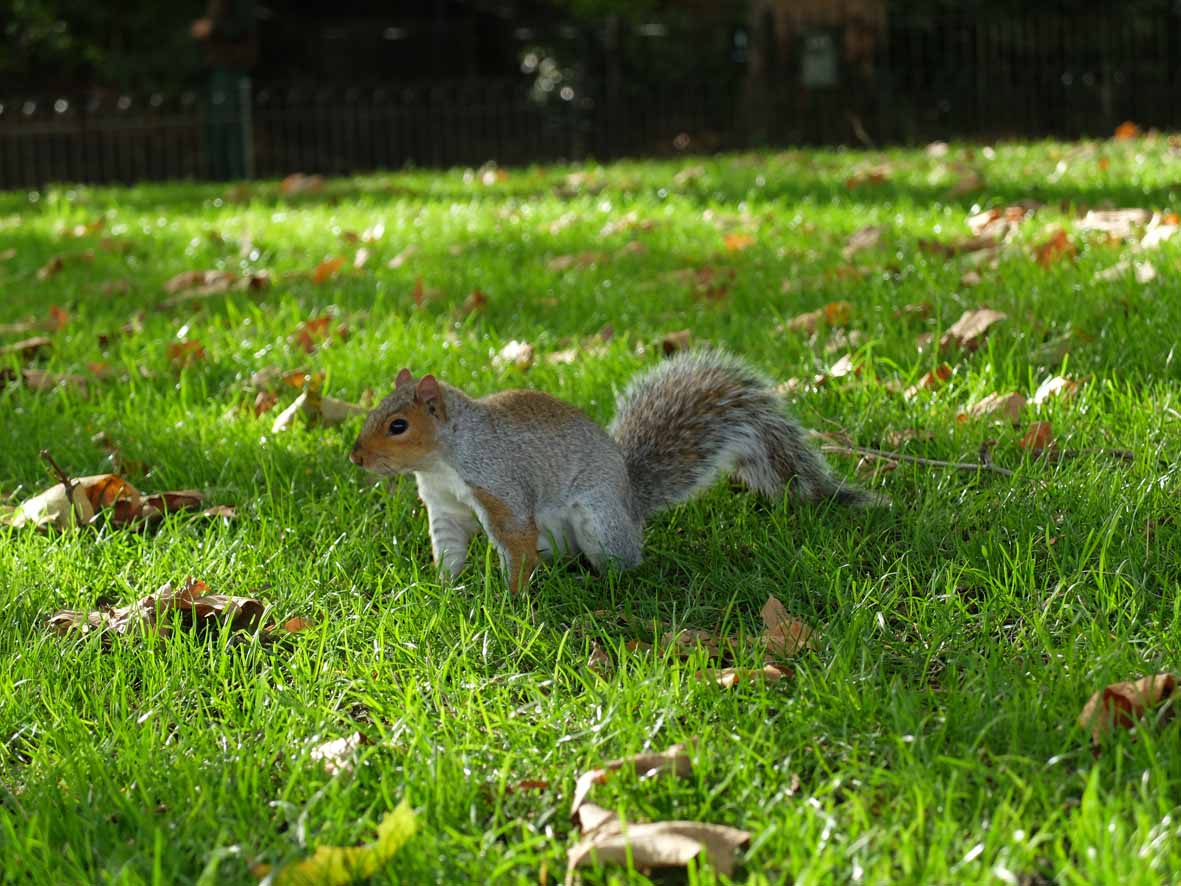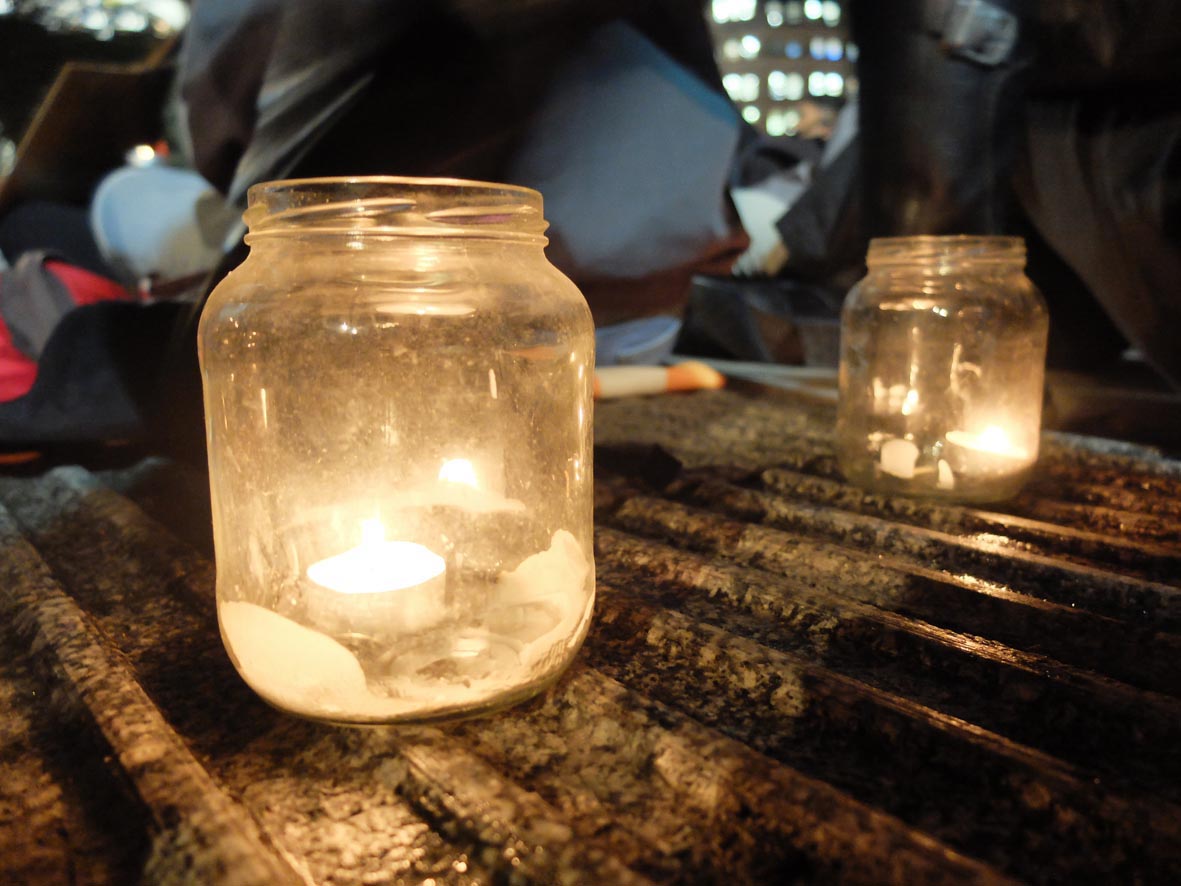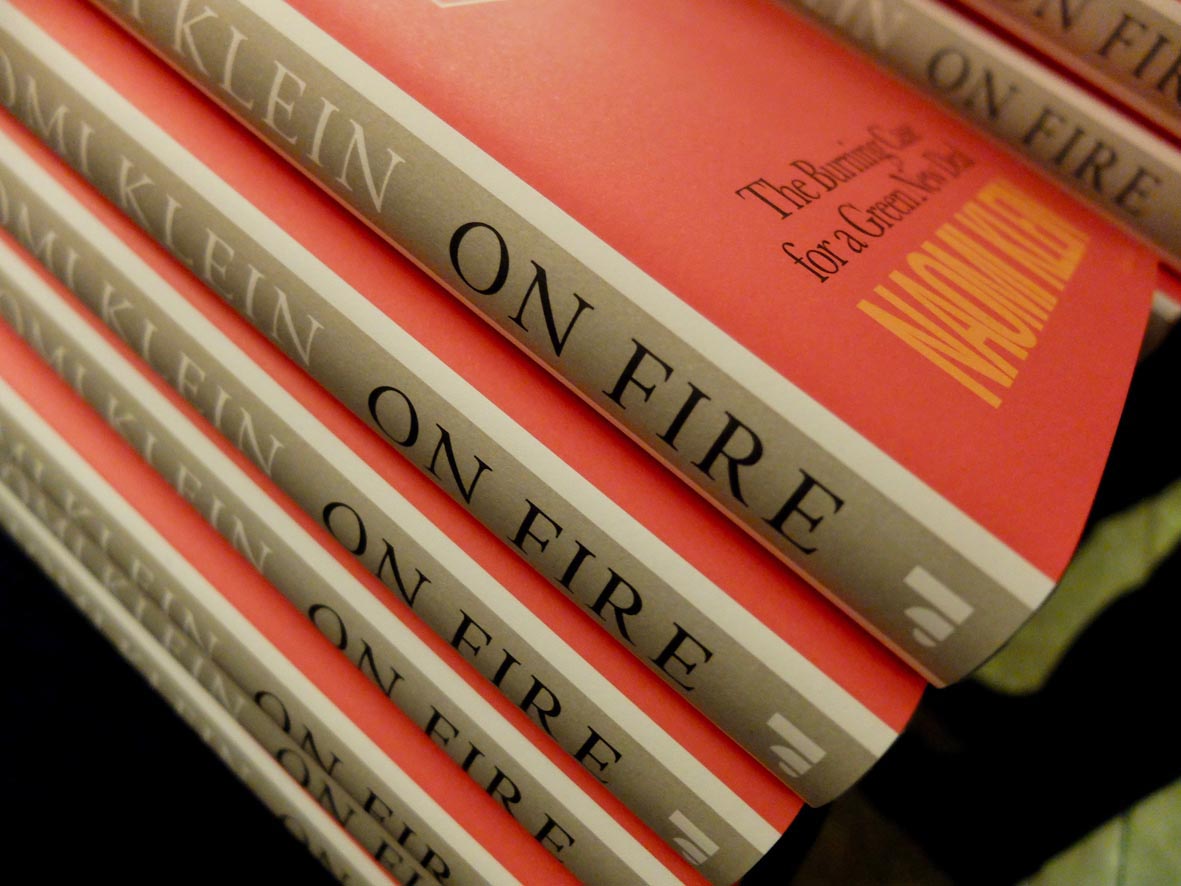Posted at 14:01h
in
Articles
by admin
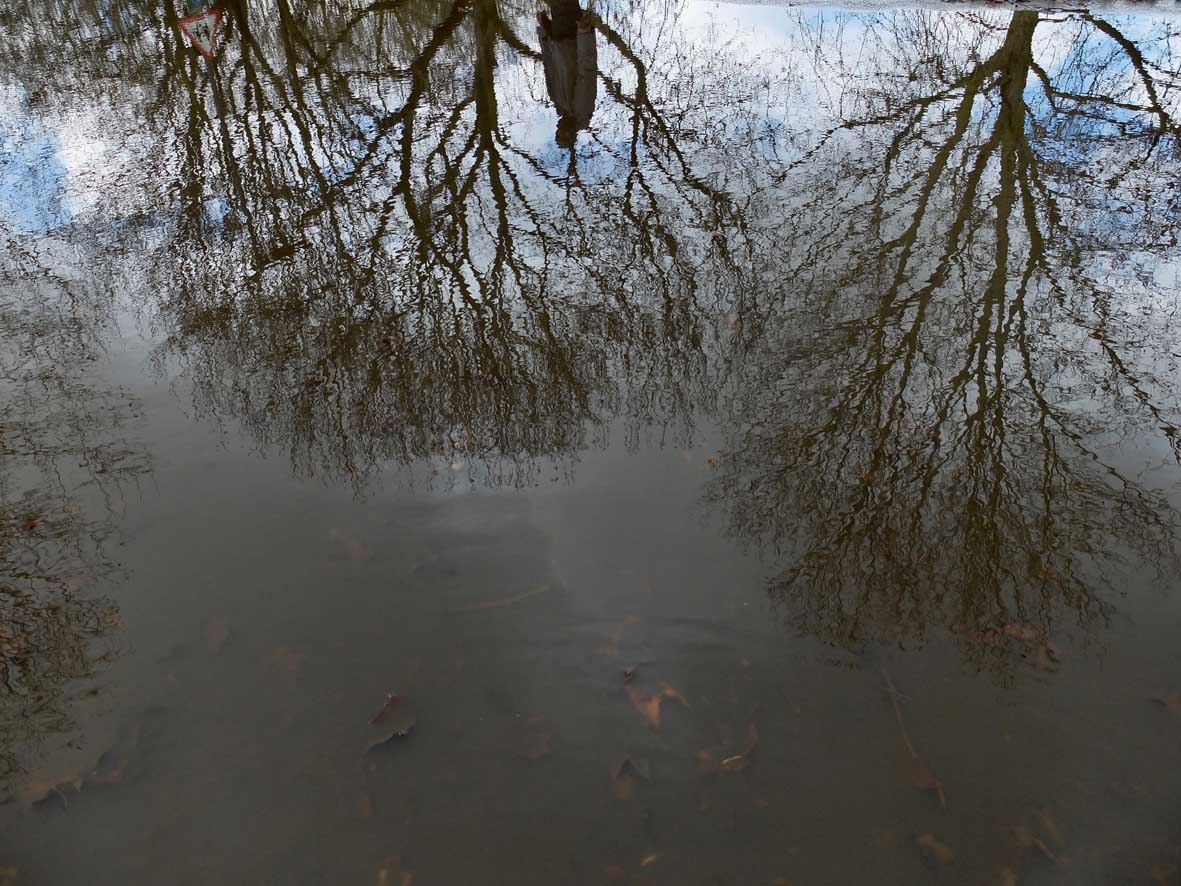 Anxiety about the future
Anxiety about the future
Many people feel anxiety about the future. We live with uncertainty in this age. We may be afraid of the possibility of social collapse, the breakdown of society under a pandemic. While this may be what we are focussing on right now, climate changes are still happening. More people are recognising how they feel in response to the times we are living in.
Eco grief and climate anxiety are surfacing. Many people are now more aware of global injustices happening now. Climate chaos looms in many people’s awareness. Threats posed by nuclear arms and nano-technology amongst others may sit in the background of our consciousness. Researchers, psychologists, psychotherapists, teachers and parents are trying to understand more and develop helpful strategies. How can we support those who are suffering from anxiety about the future?
“If the world is to be healed through human efforts, I am convinced it will be by ordinary people, people whose love for this life is even greater than their fear.”
Joanna Macy
Climate grief or eco grief
‘Grief’ is an umbrella term that may include a whole range of emotions. These include: anger, sadness, fear, release, numbness, relief, shame and overwhelm. It is a natural response to any kind of loss or change. ‘Climate Grief’ is a feeling response of ‘grief’ (which may include any of the above and more). This is because of the changes that are happening in the world. In particular, climate grief centres round the issues sparked by changes in climate and biosphere. Anxiety about the future may be in response to the pandemic here now. Feelings may arise as a result of current systems that feed social injustices, conflict, consumerism. These are just a few local and global issues that may cause feelings of grief to come up.
Worried about climate change?
Worry may be consuming those who are seeing news items and reading reports about, extreme weather events, temperature changes and documented changes in pollution. Grief is a reasonable response to habitat loss and species extinctions to name just some of the causes. Many people are simply noticing changes in their local habitats, insect and wildlife populations. Some people may be more aware of these changes as a result of their work, because of personal research, or lived experience.
Climate Anxiety or Eco Anxiety
Anxiety is a response on the fear spectrum that may include mental, emotional and physical symptoms. Fear of what will happen in the face of climate chaos, as a consequence of things that have already happened, is a reasonable response. Anxiety in the face of climate change is not irrational.
Anticipatory anxiety
Fear of what is to come, based on current information is known as ‘anticipatory anxiety’. It may be mingled with ‘anticipatory grief’. The definition of ‘anticipatory grief’ is more usually used to describe feelings of grief in the context of the impending death of a loved one. It is not unusual to feel this in response to something in the future. Especially for something that we anticipate will be painful, difficult or challenging.
What does anxiety about the future feel like?
Any of the symptoms of anxiety or grief may be present for someone who is experiencing anxiety about the future. It may include a complex mix of feelings, and different responses at different times. For different people feelings will also vary in intensity. In addition this may depend on the emotional load they are already carrying.
For some there may be a sense of heaviness on the chest, perhaps tears are often close to the surface. For others, there may be a dull underlying anxiety, a sense of unease that is hard to locate. Some people who are fearful of what is to come may be feeling jumpy, or easily tipped into overwhelm, anger, perhaps have a racing pulse. For others there may be an unusual sense of numbness or disconnection. Depression or hopelessness may be present.
Underlying anxiety about the future may be continually present in someone’s thoughts. For some it may be only when they think about their children or grandchildren for example. Sleep patterns may be disrupted. A whole range of physical sensations may accompany any combination of emotions.
Different reactions to uncertainty
We all face uncertainty in relation to changes in our world. People have different perspectives on the future for different reasons. For some people this is because they have had different lived experiences. Many people have absorbed information from different sources. This may be because they are within certain social groups or communities. Because of personality type, character, family history, culture, political awareness, and sensitivity of perception, people receive information about the world differently.
Different trauma responses
Our ‘core wounding’ also plays a part in how we respond to the outside world. Through our personal history, we each develop coping strategies for dealing with stress. When a source of stress – perceived or unconscious – is present, our primary trauma response may be triggered. People typically react to threat with an unconscious activation of their primal responses. These responses may be greater if you have a dis-regulated nervous system.
The typical responses to threat are flight, flight, freeze and fawn (tend and befriend as it is also known). If you are feeling very angry, and you’re full of energy to stand up against injustice, ‘fight’ might be your pre-dominant response. Or are you rushing around in a busy frenzy of activity or heading for the hills? You might be in ‘flight’ mode. Perhaps you feel totally overwhelmed or aren’t able to engage with the world. Are you paralysed by indecision or apathy? If so, perhaps ‘freeze’ is your primary response. Putting your head in the sand and finding other distractions or ‘numbing out’ in addictive behaviors could be either flight/freeze or a combination.
Climate change grief is like any other form of grief
In relation to eco grief, the things we typically recognise in any form of grief may be present. This includes the well-known responses of shock, denial, bargaining, depression, and acceptance. There may be layers of emotions, or different feelings at different times. It is important to remember that just like any other grief, everyone’s make-up is different. As a consequence they will perceive and respond in different ways.
Different responses to the threat of climate chaos
Noticing your own reactions to the threat of trauma may be helpful. Observing your responses to global issues may also be illuminating. Acknowledging our feelings can help us to face our anxiety about the future. Notice if others are reacting in ways that are unlike our own responses. This can also help to reduce the shame and judgment between people who are reacting differently from one another.
For some, the preoccupation with every day life, their inner thoughts may distract them. As a consequence they may simply not register changes manifest in the outer world. Many people have been preoccupied with questions around possible system breakdown. This may seem irrelevant to those who are not registering any anxiety about the future.
Reflecting on how I feel
You may be feeling a complex mix of emotions. In trying to tease out how I feel, I notice that I am often in a ‘freeze’ state, finding it hard to access my sadness, or the energy needed for action. I am aware of much devastating environmental research, but too much information swiftly tips me into overwhelm. Anxiety about the future regularly visits me in the early hours of the morning. This often manifests as internal background noise, a low level sense of urgency and worry, that I only hear when I stop doing and pause. Typically for me, this is loudest around dawn. I try to track these responses, and notice my inner dialogue.
Nervous System Activation
For me, and I suspect for many others, news reports, or reading the latest scientific information on the climate and global news trends tend to ‘activate’ my nervous system. It triggers a response that puts my physiological system on alert. Physical symptoms may soon follow, such as fatigue or brain fog.
Strategies to help with anxiety about the future
Grief tending in community, which may include practices from Joanna Macy’s ‘Work That Reconnects’, and the practice of ‘Deep Adaptation’ are designed to help process feelings, and can be excellent resources in coping with climate change. I recommend ways of working that help us to face our anxiety about the future, in an environment that encourages us to build resources, express feelings and connect with love. These are some of the things I have learned and witnessed from co-facilitating groups on this theme.
Coping with climate change
I regularly co-facilitate grief tending sessions called ‘Feeling Nature’. These experiential workshops are designed to offer time for gentle exploration for those who are affected by climate anxiety and grief. We offer a session that includes some simple embodiment practices, making a connection with nature, making contact with our feeling selves, being part of a supportive group, and some expression of feelings. These are strategies that I have found helpful in order to face anxiety about the future.
Embodiment
Time to slow down, to ground and rest the body, to focus on being present is helpful. Focusing on the sensations present in the body, can aid us to stay connected, rather than disconnect in panic. Being present helps us to co-ordinate mind, heart and body. As a consequence, this enables us to act more effectively. Mindfulness practices can be a great resource. These work particularly well when they include leaning back (rather than sitting up actively unsupported), assisting our Parasympathetic Nervous System to go into restore, rest and digest mode.
“The biggest gift you can give is to be absolutely present, and when you’re worrying about whether you’re hopeful or hopeless or pessimistic or optimistic, who cares? The main thing is that you’re showing up, that you’re here and that you’re finding ever more capacity to love this world because it will not be healed without that. That is what is going to unleash our intelligence and our ingenuity and our solidarity for the healing of our world.”
Joanna Macy
Getting in touch with feelings
Through dropping more into an awareness of the physical body, in a space that is ‘held by others, hyper vigilance which may be present, might be dialed down. We aim to build trust through creating a nervous-system-aware and friendly environment. We try to introduce a conceptual framework that allows participants to recognise and name feelings that they may be familiar with. Through doing this sensitively, we hope to soften the reactions of shame that often accompanies expression of feelings. People feel shame around what they feel and what they don’t feel, amongst other things. We hope to give permission for a huge range of authentic expressions of emotion.
Connecting with nature
Many people spend little time each day outside in fresh air, under the elements, among plants and wildlife. Being surrounded by nature, whether walking in the park, digging in an allotment or feeling rain on your face can be a really helpful way to soothe the nervous system, to allow time for resting and digesting. We regularly hold events in the city, so try to find small ways to bring nature into the spaces we hold – by placing elements on a shrine or visualising places where nature is a resource, for example. Spending time in nature can be simple and restorative. Although for some, being in nature can add an additional layer of grief – because there are fewer insects, less birds, blossom or snow out of season. While nature can be an excellent resource, increasingly it is helpful to connect with like-minded others in order to co-regulate nervous systems.
Connecting with people
Connecting with other people helps us to validate ourselves, and our experience both in person and on-line. Being with people in ‘brave spaces’, where we can be vulnerable is affirming. So that we can be witnessed and heard, it is important to find communities where our authentic expression of truth is welcomed. Ideally we will be able to express ourselves without being shamed for our feelings or beliefs. Heart-felt communication can help us to ‘co-regulate’ our nervous system with others. This can enable us better to return from a state of activation, and is one way to build resilience. The witnessing presence of a supportive group, whether chosen family, long term or temporary community, can change our relationship with our anxiety for the future.
Cognitive Dissonance
There is often a gap between what people say, and what we sense is true. When my feelings, picked up from the information I am sensing from the world, don’t match what I am told, it creates an uncomfortable mismatch. This gap between perception and what I am being led to believe is called ‘cognitive dissonance’. News reports, politicians, parents, teachers, and friends, especially on social media, may be saying things that do not match with my internal felt messages of what I am hearing from them. However, when my internal perceptions match with information I am hearing, there can be a sense of relief, and shared outlook. This confirms my intuition, and is supportive, rather than dismissive of my feelings. This can be an important element in coping with climate change, especially in regard to having a shared reality of the world around us.
Grief Rituals
Grief rituals can allow us to connect with something greater than ourselves, and to the mystery of life. This might include grief tending in community rituals and rituals from Joanna Macy’s ‘Work That Reconnects’. Despite our different identities, words may connect us through our humanity, in grief rituals.
The premise of ‘Deep Adaptation’ is that climate-collapse is likely, and changes are necessary if we are to face it together. Jem Bendell’s work recommends we address Relinquishment, Restoration, Reconciliation and Resilience in response, both in our own lives and beyond. ‘Relinquishment’, the first of these includes coming to terms with our own mortality. We can use the tools of grief work and mourning to begin the work of Deep Adaptation. This may include taking part in grief rituals.
In facing the future, practices that enable us to develop gratitude, presence, connection and love will build our personal resources. These help us to develop both emotional intelligence and cultural resilience.
“Love for this life is greater than fear”
Building personal resilience will help to buffer our fear of the unknown. It is important to build our personal resources. What do you love doing? What connects you to something greater than yourself? Where do you love to be? Who do you love? Expressing gratitude can help us find connection with love. Finding our delight for life in the present will resource us. Growing our gratitude will help us to live in spite of anxiety for the future. In the words of Joanna Macy, “love for this life is greater than fear.”
The personal steps we can take include connecting ourselves to our bodies, our feelings, to nature, to our delight in the present. In order to re-frame the narrative of the industrial growth economy, we must listen deeply to one another. Finding our shared humanity to find our interdependence is necessary for building our resilience so that we may act now and with love.
“Not everything that is faced can be changed, but nothing can be changed until it is faced.”
James Baldwin
Links
See our article ‘What is Grief Tending?’
Joanna Macy
Deep Adaptation
 At 8.30am for 20 minutes, I bring my attention to a virtual group who “come together in stillness, and send light and love to people who need it.” It’s a brilliantly simple way to connect with a positive attitude. My inspiring friend Julie sets the intention every morning. Yesterday I scrubbed the bathroom first; today I was still in pyjamas. I like the invitation to come together across the ether. The energy of this group helps me to commit to this restorative practice. It can be really hard to find time to meditate, let alone do it. “Even if it is very foggy, cloudy or stormy, the blue sky is always there, for us, above the clouds.” Thich Nhat Hanh describes the sky, as a similie for our true nature – often cluttered or obscured with clouds. The clouds are the mental chatter of worries, memories, inner dialogue and the distractions that usually fill my head. By noticing the ‘clouds’ that cross or blot out my mental space – observing their texture and quality, it helps me to become more present. This foundation of mindfulness acts like an anchor, and then I can focus on generating more expansive thoughts. By allowing a few minutes to do a calming practice at the start of the day, my nervous system resets; so I feel better, and perhaps others benefit too.
At 8.30am for 20 minutes, I bring my attention to a virtual group who “come together in stillness, and send light and love to people who need it.” It’s a brilliantly simple way to connect with a positive attitude. My inspiring friend Julie sets the intention every morning. Yesterday I scrubbed the bathroom first; today I was still in pyjamas. I like the invitation to come together across the ether. The energy of this group helps me to commit to this restorative practice. It can be really hard to find time to meditate, let alone do it. “Even if it is very foggy, cloudy or stormy, the blue sky is always there, for us, above the clouds.” Thich Nhat Hanh describes the sky, as a similie for our true nature – often cluttered or obscured with clouds. The clouds are the mental chatter of worries, memories, inner dialogue and the distractions that usually fill my head. By noticing the ‘clouds’ that cross or blot out my mental space – observing their texture and quality, it helps me to become more present. This foundation of mindfulness acts like an anchor, and then I can focus on generating more expansive thoughts. By allowing a few minutes to do a calming practice at the start of the day, my nervous system resets; so I feel better, and perhaps others benefit too.



